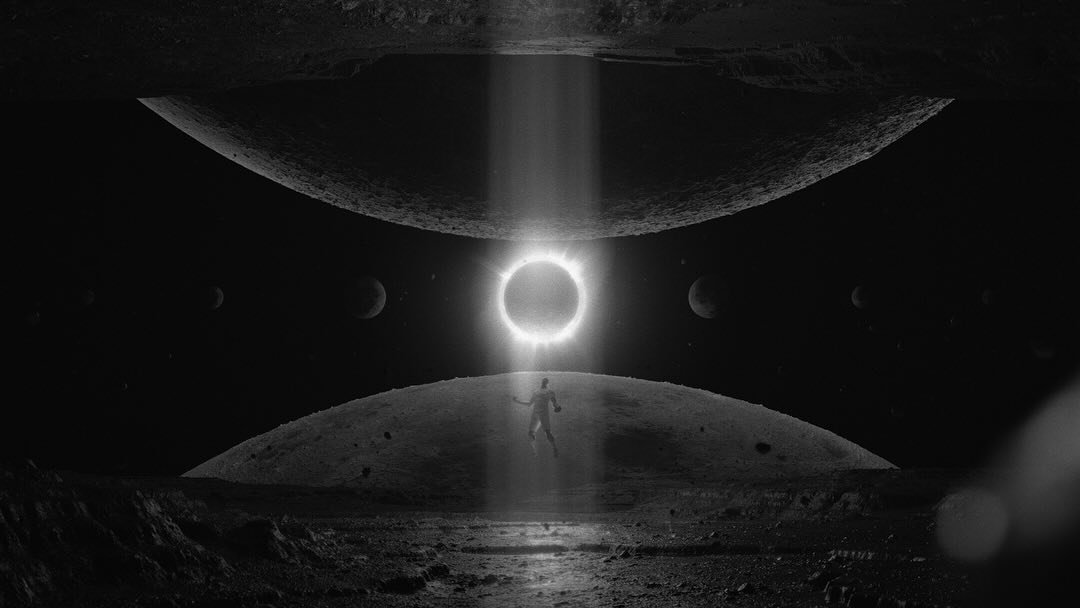A controversy has arisen in the advertising world over a new ad released by Under Armour. The ad features boxer Anthony Joshua and was directed by Wes Walker who claimed it as the “first Ai-powered sports commercial” on Instagram. However, critics quickly pointed out that the ad was essentially a rehashed version of other creators’ work without proper credit.
Walker defended the ad, stating that Under Armour had limited time and budget, and they were not able to access the athlete himself. He also emphasized the use of AI in the production, saying that it allowed them to explore and push the limits of various tools in a short amount of time. But other creatives in the industry called out the director for not giving credit where it was due.
“Cool film, but all the stuff with the athlete is shot by André Chementoff and from a commercial I did?” commented Gustav Johansson, whose work was used in the ad without acknowledgment.
The controversy sparked a larger discussion about the use of AI in advertising. Many pointed out the difference between using stock footage and commissioning original work, which was being treated as raw material by brands in this case.
The issue also brought to light the responsibility of creatives in resisting such exploitation and standing together in the face of rapidly advancing AI technology. As cinematographer Rob Webster put it, “As artists, now more than ever we must prove our worth and be in dialogue.”
Director Ivan Vaccaro’s assertion that saying no to a client is the most powerful tool in the industry highlights the need for ethical considerations in these situations. While Walker and his production may be the center of this current controversy, it raises questions about the larger trend of companies using AI to cut costs and capitalize on the hype surrounding it.
Overall, this incident serves as a reminder to acknowledge and respect the hard work of fellow creators, and the importance of staying true to the core of what we do as storytellers. AI may have its place in advertising, but it should not be at the expense of human creativity and integrity.








